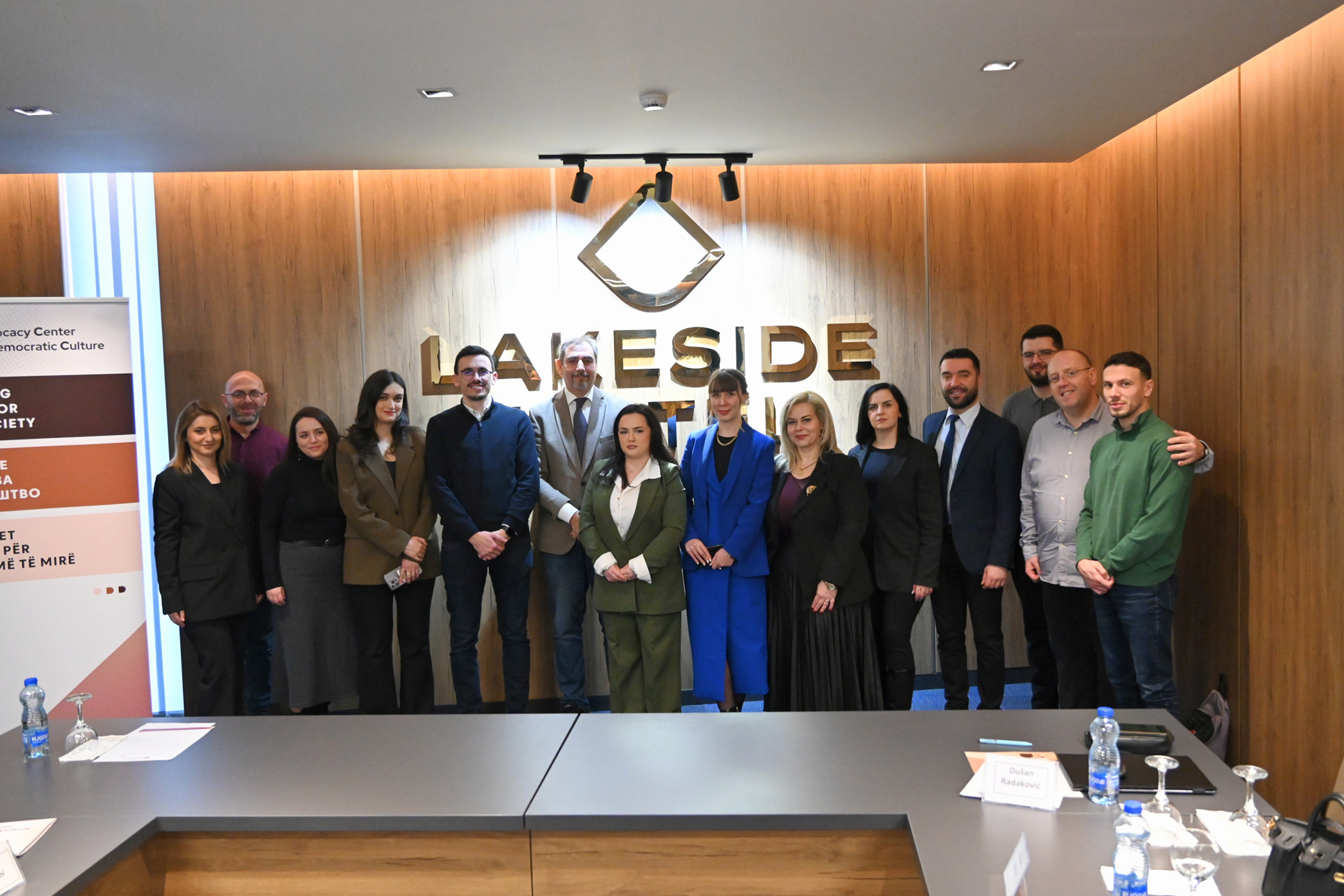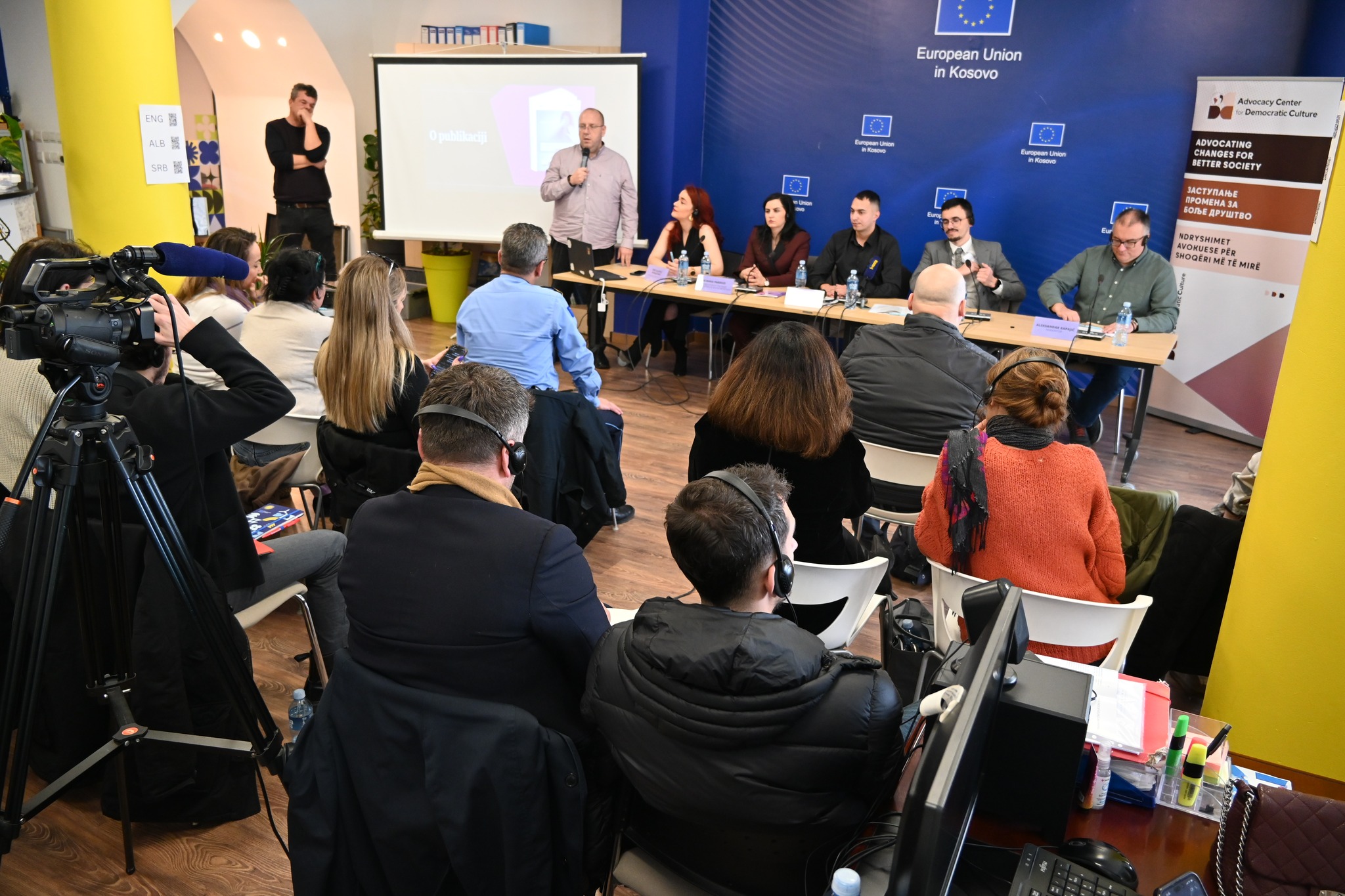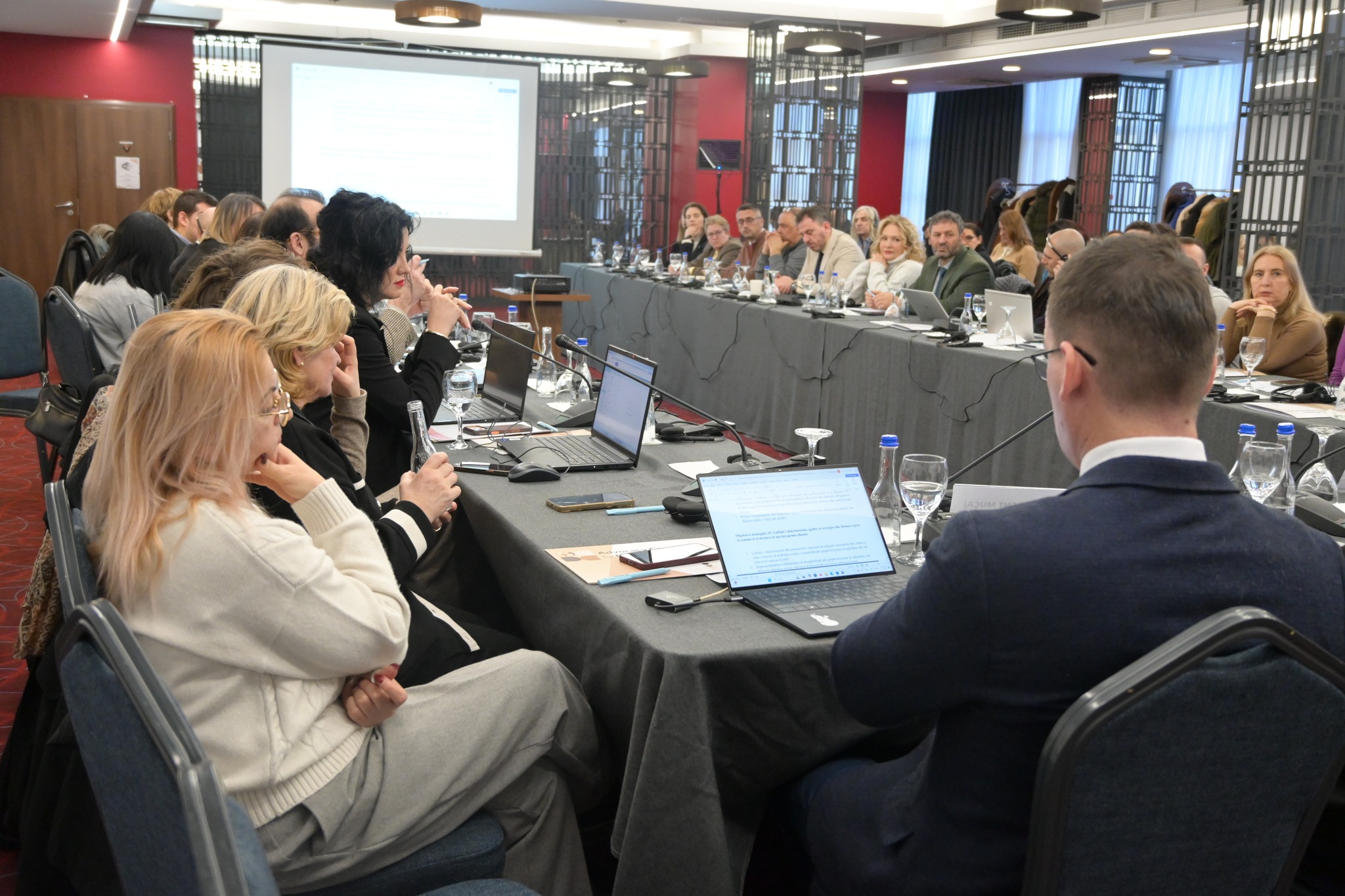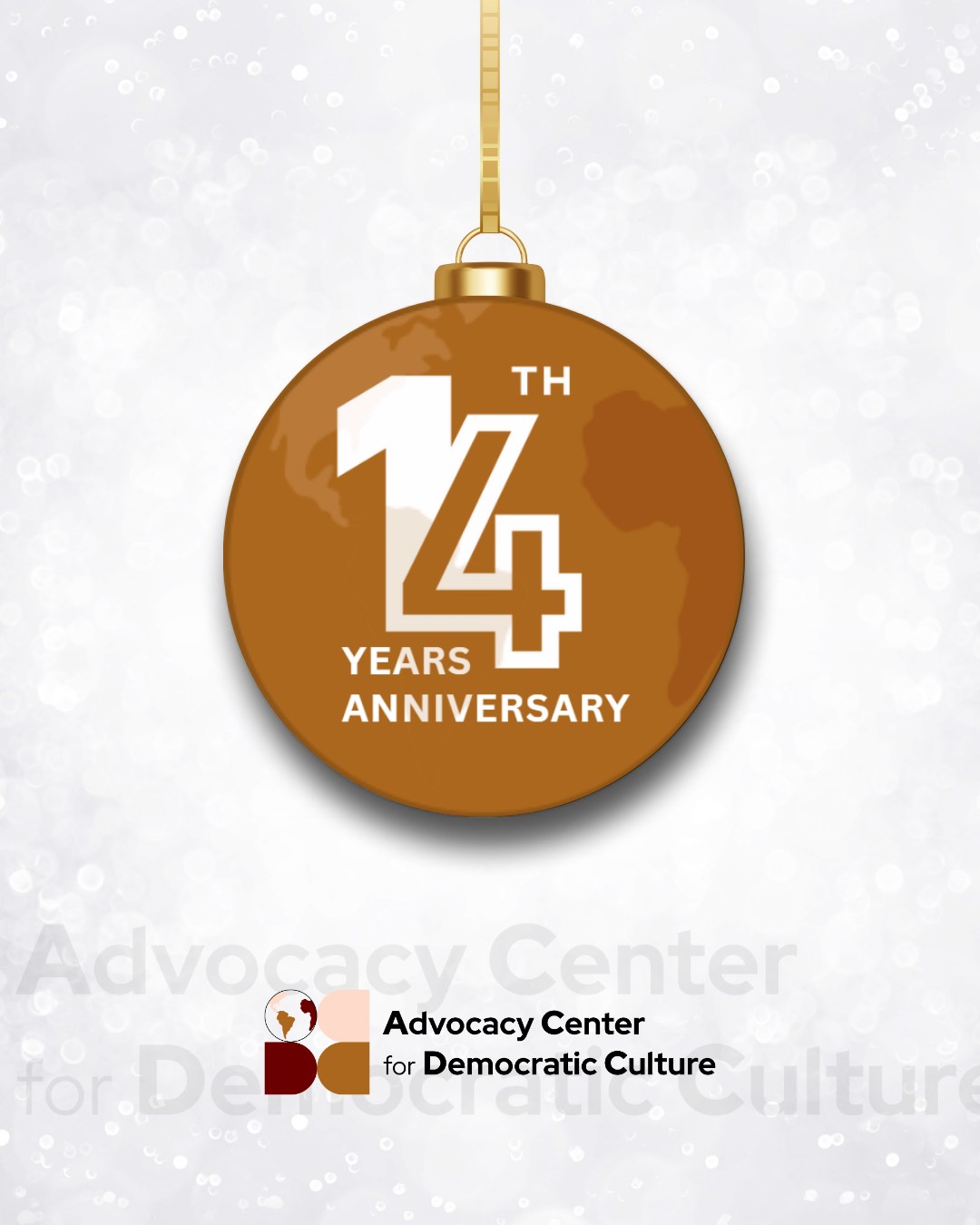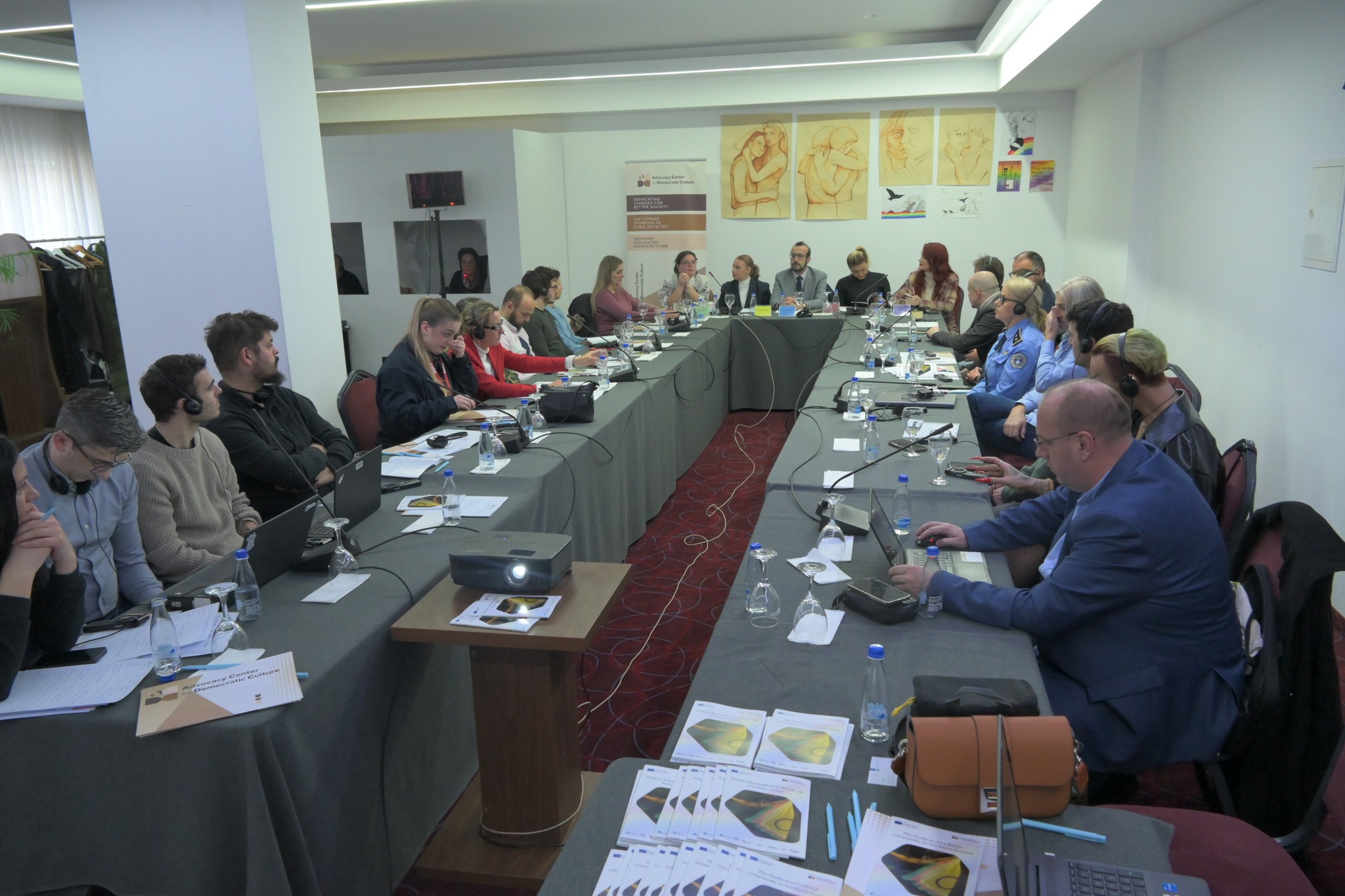09.03.2021. » 19:02
OP - ED The Fight for Justice During a Pandemic
At this very moment when all the countries of the world are fighting against a pandemic, and each of us is trying to stay healthy, there are a few who believe that there is something equally important as human health. In that direction, there is a saying that "those who do not expect justice do not even have the right to be disappointed!" Justice is that something equally important!
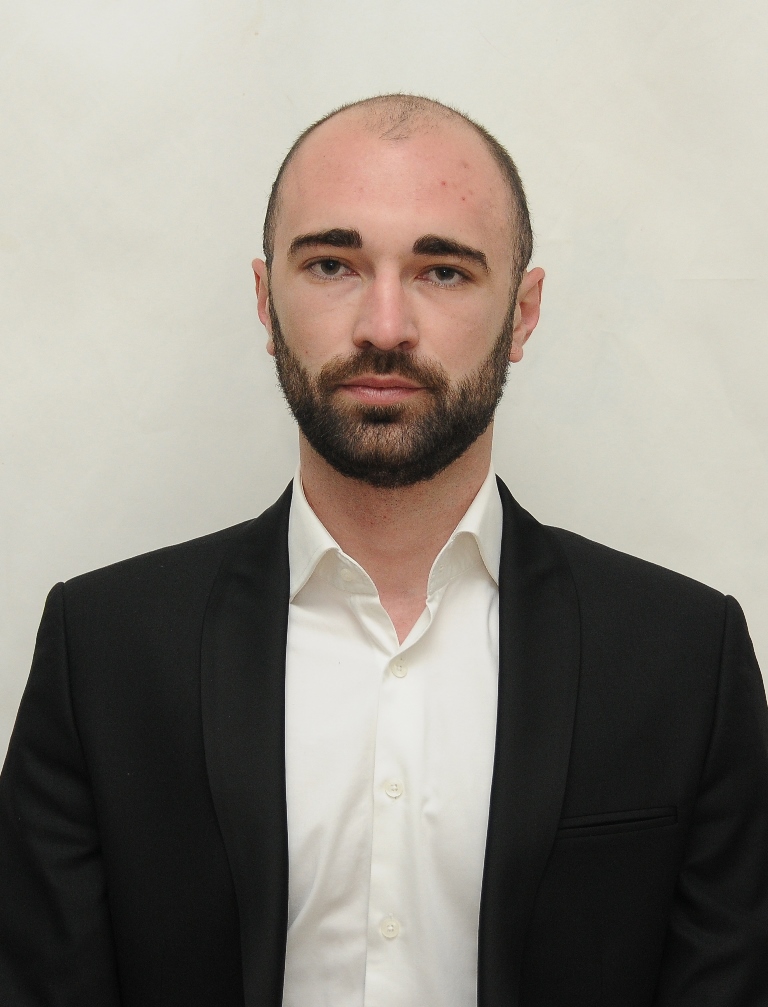
At this very moment when all the countries of the world are fighting against a pandemic, and each of us is trying to stay healthy, there are a few who believe that there is something equally important as human health. In that direction, there is a saying that "those who do not expect justice do not even have the right to be disappointed!" Justice is that something equally important!
As a society that has embraced European principles and values in the area of the rule of law, equal access to justice and the right to a fair trial must be respected in emergencies, including pandemics.
In terms of restricting the rights of individuals by the executive authorities, Council of Europe Secretary General Marija Pejcinovic Buric said, "while the virus is tragically taking lives, we must prevent it from completely destroying our lives - our understanding of who we are, what we value and our rights which belong to every European. That is why it is necessary to coordinate the responses of the states, to exchange successful experiences and to help each other in the fight for quicker recovery." For this reason, judges, prosecutors, lawyers as well as Law professors have an obligation to constantly remind all relevant institutions that compliance with the law during a pandemic is required by both citizens and representatives of competent institutions and public office holders.
When it comes to our community, the judiciary system is making tremendous efforts to ensure equal access to justice for members of all ethnic communities, because the courts in Kosovo currently operate only in urgent procedures - detention, domestic violence and other emergencies in accordance with the law. Courts of all instances in Kosovo have limited their usual activities and with a minimum operational number of employees try to provide access to justice to all citizens, based on the decision of the Kosovo Judicial Council 53/20 of March 15th 2020.
The Kosovo Prosecutorial Council acted similarly when it decided to reduce its activities and authorize the Chief State Prosecutor to appoint on-duty prosecutors and administrative staff to act in urgent cases and be available 24 hours a day on duty, in accordance with law deadlines.
In addition to the above, the usual lack of communication between the courts and the prosecution, we face a huge number of postponed hearings, irretrievably lost time and costs that will end up being paid by none other than taxpayers.
Although citizens often do not see this, the justice system tries to preserve its integrity and independence due to numerous challenges regarding respect of human and minority rights during a state of emergency caused by a pandemic and preserves the rights guaranteed by the Constitution, Laws and the European Convention on Human Rights (ECHR).
In such times, the Constitution and Laws are often forgotten just when their strictest observance is necessary in order to ensure the equality of citizens in the search for justice and the Right to a Fair Trial.
We should remind ourselves that the Right to a Fair Trial is provided by Article 31 of the Constitution of Kosovo and Article 6 of the European Convention on Human Rights, which is very well known to lawyers and it refers to the protection of procedural positions of parties in civil and criminal procedures. Article 6 integrates a far broader scope of rights that can’t be revoked or limited regardless of whether the state of emergency is caused by a pandemic or a natural disaster.
Author
Branko Šaponjić
Branko Šaponjić is engaged in Scientific Work and is currently working on a masterˊs thesis at the Department of Legal History at the Faculty of Law University of Pristina.
Latest news

